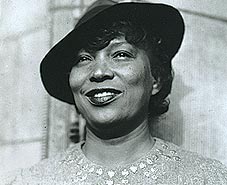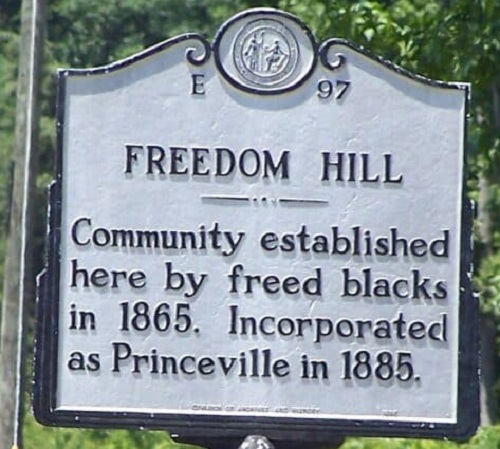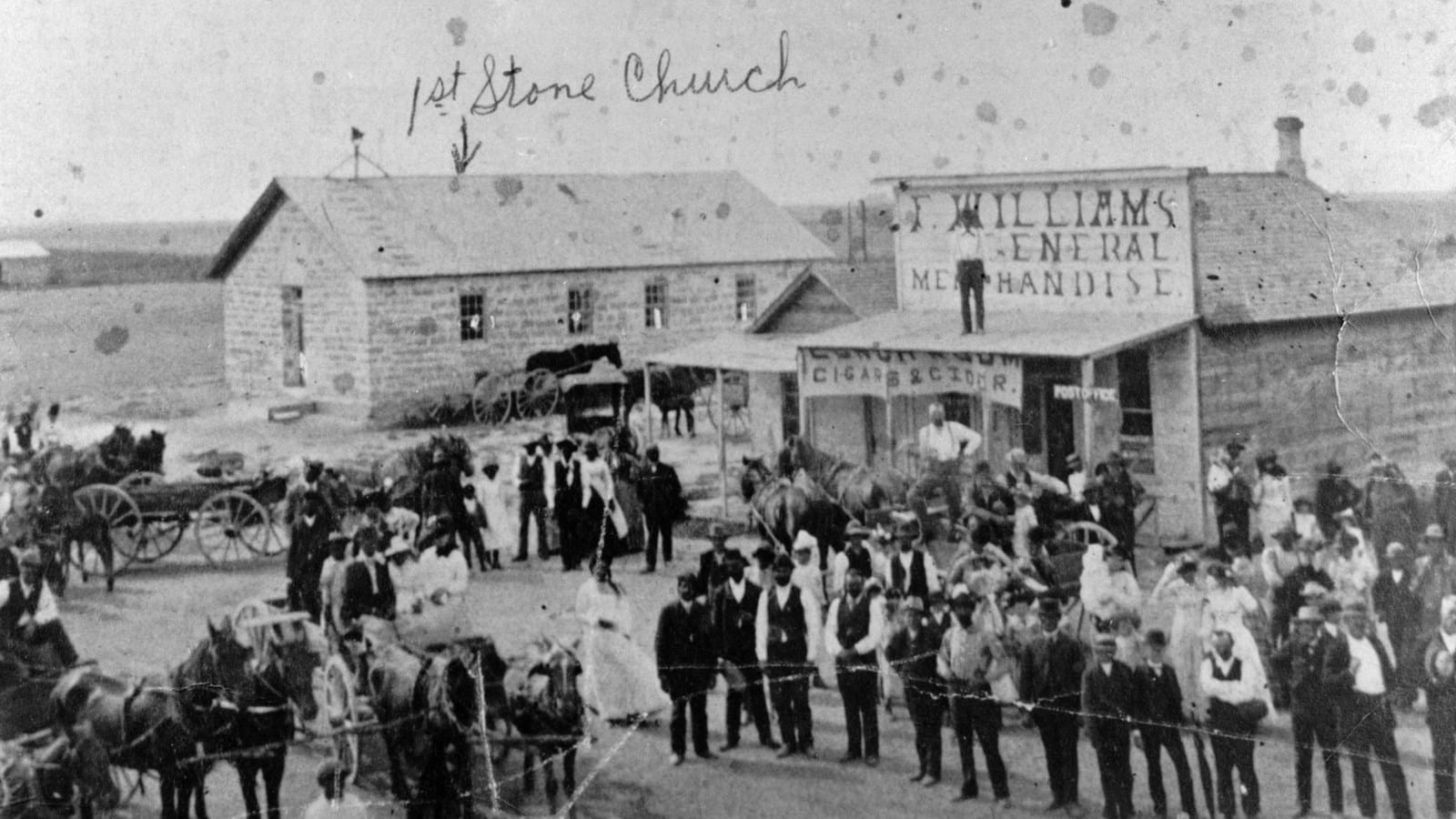By James Padgett and Scott Sholl
Appearances can be deceiving. Tucked away seven miles north of downtown Orlando, Eatonville may not seem that special in first impressions, but here lies a community possessing great historical significance, a legacy of racial progress and ultimate success.

Eatonville, Florida, the town that freedom built. The oldest incorporated African American municipality in the U.S. Source: Authentic Florida
Eatonville, Florida is the oldest Black-incorporated municipality in the United States. Incorporated in 1887, it is the first town successfully established by African American freedmen. The founding of this town stands as an enormous achievement for once-enslaved Black men and women throughout the United States. Having to live life being considered inferior to the white majority, African Americans finally found some autonomy and freedom for themselves in Eatonville.
Eatonville also has immensely strong literary roots. Zora Neale Hurston, the internationally-acclaimed anthropologist, folklorist, and novelist who is best known for her novel, Their Eyes Were Watching God, lived in Eatonville as a child and considered the locale her hometown. An important influence on Hurston’s works and writings, Eatonville is an unassuming town in appearance but has a remarkably rich history. Indeed, perseverance and gratitude for independence are key characteristics evident in the history of this little community in Central Florida. [Continue reading]
Continue reading the essay “The History and Legacy of Eatonville, Florida’s Pioneering African-American Town.”
By James Padgett, a graduate student in the history department, concentration in agriculture, environment, and geography, University of Central Florida, and Scott Sholl, editor of Florida Verve and Historian in Residence, James Madison Institute.













Twitter
Google plus
LinkedIn